
Fatty liver disease occurs when fat accumulates in the liver cells. If not managed properly it can lead to inflammation, scarring and eventually liver damage. To manage fatty liver disease, it is important to avoid certain foods and include others that may aid in recovery.
High-fat foods: High-fat foods such as fried foods, processed meats, and high-fat dairy products should be avoided.
Sugary foods and beverages: Foods with a high sugar content, such as candy, cookies, cakes, and sugary drinks, should be avoided. These can cause an increase in insulin levels, which can lead to more fat being stored in the liver.
Alcohol: Alcohol is a major cause of fatty liver disease and should be completely avoided.
Processed foods: Processed foods, such as chips and snack foods, are high in unhealthy fats, salt, and sugar and should be avoided.
Salt: Excess salt intake can cause fluid retention and swelling, which can further damage the liver.
Fiber-rich foods: High-fiber foods, such as fruits, vegetables, whole grains, and legumes, may help improve liver function by reducing the build-up of fat in the liver.
Lean Protein: Foods rich in lean protein such as fish, poultry and tofu can help repair liver cells.
Healthy fats: Healthy fats, such as those found in nuts, seeds and avocados, may help reduce inflammation and improve liver function.
Coffee: Coffee has been shown to have a protective effect on the liver and may reduce the risk of developing fatty liver disease.
Green Tea: Green tea has been shown to improve liver function and reduce inflammation.
It’s important to remember that managing fatty liver disease requires a combination of a healthy diet, exercise, and lifestyle changes. It is always best to consult with a health care professional or a registered dietitian to develop an individualized plan that is tailored to your specific needs.

There are often no symptoms in the early stages of fatty liver disease. However, as the disease progresses, the following symptoms may occur:
– fatigue and weakness
– abdominal pain or discomfort
– swollen feet and ankles
– Jaundice (yellowing of the skin and eyes)
– loss of appetite
– unintended weight loss or weight gain
– nausea and vomiting
– confusion and difficulty concentrating
– spider veins on skin
– red palms
It is important to note that many of these symptoms can also be caused by other health conditions, so it is important to see a health care professional for an accurate diagnosis.
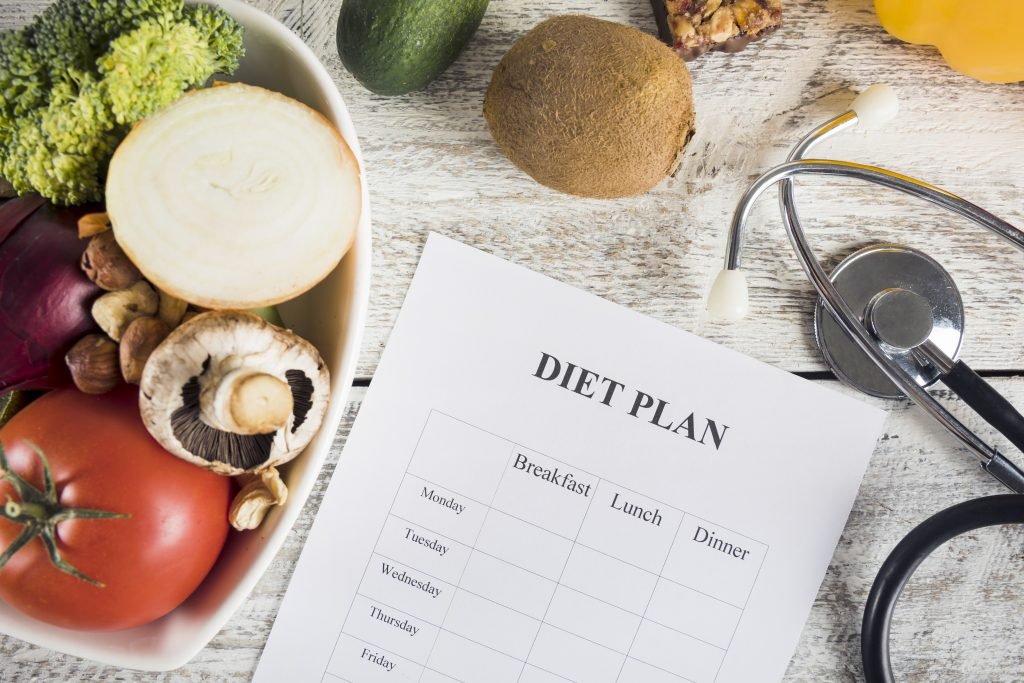

Fatty liver disease often has no symptoms in its early stages, and when symptoms do appear, they can vary between individuals. However, some common symptoms that females with fatty liver disease may experience include:
It’s important to note that many of these symptoms can also be caused by other health conditions, so it’s important to see a healthcare professional for an accurate diagnosis.
Book Your Consultation
Team Think you Offers A 15 Mins Diet Book Your Consultation
Scientific Methods
We follow the ICMR's Guidelines to prepare nutrition-rich diet plans
Best Dietician Awards
India's Leading Dietician and Nutritionist, Awarded by Indian Actress Ms. Lara Dutta and Ms. Hina Khan
ThinkYou’s scientific diet plans can help people with reversal of fatty liver condition with targeted nutritious diet plans. To tackle fatty liver condition, we incorporate essential nutrients all the essential nutrients such as omega fatty acids, allicin, healthy protein, antioxidants like catechins, vitamin e from the food sources, so that extra deposition of fat cells can melt easily & naturally. Diet plans would be balanced and handpicked from all the food sources, which are easy to cook and follow. There would be no place of fancy diet, magical diet and non-scientific ingredients.



Certificates

National Sports Awards 2021
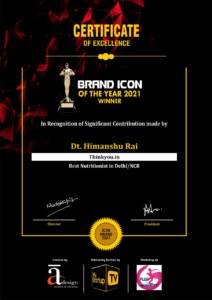
Brand Icon of the Year 2021
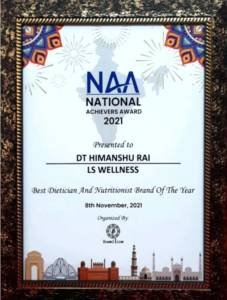
Best Dietitian and Nutritionists Brand of the year
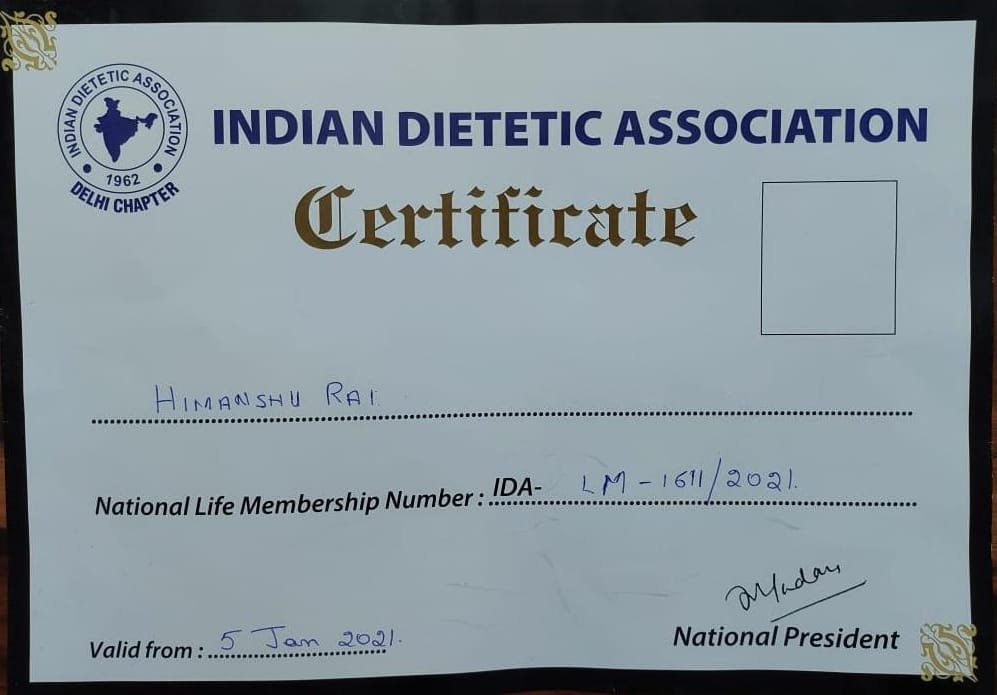
Indian Dietetic Association
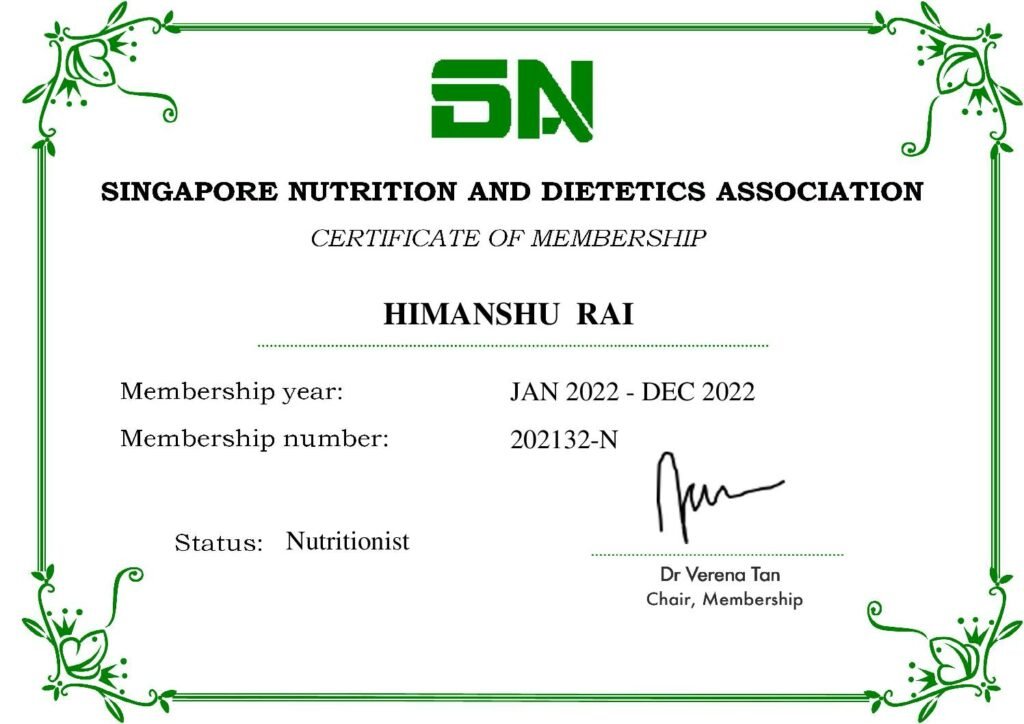
Singapore Nutrition And Dietetics Association
Leading Dietitian and Nutritionist of the year
Need Help?
FAQs
Frequently Asked Questions About Fatty Liver Problems
Fatty liver is a condition where there is an abnormal build-up of fat in the liver cells. This can be caused by excessive alcohol consumption or by metabolic factors such as obesity and insulin resistance. It may not cause symptoms in the early stages, but if left untreated, it can cause liver damage.
Fatty liver may not have any symptoms in the early stages. However, as the condition progresses, symptoms may include:
1. Fatigue and weakness
2. Pain or discomfort in the upper right abdomen
3. Enlarged liver
4. Jaundice (yellowing of the skin and eyes)
5. Swelling of legs and ankles
6. Confusion and difficulty concentrating
7. Spider-like blood vessels on the skin
8. Swelling and fluid accumulation in the abdomen etc.
It is important to note that these symptoms can also be signs of other liver conditions, and a medical evaluation is necessary for proper diagnosis and treatment.
A diet plan for fatty liver includes reducing calorie intake, limiting saturated and trans fats, increasing fiber intake, reducing sugar intake, increasing protein intake and staying hydrated. The plan aims to reduce fat accumulation in the liver and promote liver health. If you feel any symptoms of fatty liver then you must consult a doctor or a dietitian.
Indian foods that are good for fatty liver conditions include turmeric, ginger, garlic, green leafy vegetables, whole grains, legumes, and nuts and seeds. These foods are rich in fiber, antioxidants and anti-inflammatory compounds that may help reduce inflammation and promote liver health. Incorporating a variety of these foods into a balanced diet is recommended.
Milk and dairy products can be included in moderation in the diet plan for fatty liver disease as they contain essential nutrients. Low-fat or skimmed milk is recommended to reduce saturated fat intake. However, more research is needed to confirm their benefits for fatty liver disease.
Dietitian & Nutritionist can help individuals with fatty liver disease by developing scientific and customized diet plans and providing guidance on the best foods to eat to promote liver health. They can also help individuals to make dietary changes gradually and sustainably and provide ongoing support and education. Consulting with a certified dietitian can be beneficial in improving liver health and overall well-being.
Yes, you can book an appointment with a dietician and nutritionist who specializes in fatty liver disease. It is a convenient and effective way to manage fatty liver disease and improve liver health through dietary changes. It is important to ensure that the dietitian or nutritionist you choose is a certified.
Yes, you can book online or offline consultation with senior dietitian and chief nutritionist Himanshu Rai. He is a certified and experienced dietitian
Head Office
D-3 Third Floor, Defence Colony, New Delhi, Delhi 110024
Call us
7701858552
Mail Us
info@thinkyou.in
Areas We Served!
East Delhi, South Delhi, West Delhi, Punjabi Bagh, Lajpat Nagar, Rohini, Dwarka, Delhi NCR, New Friends Colony, Greater Kailash, South Extension, Defence Colony, Lajpat Nagar, Gurgaon, Pune, Noida, Greater Noida, Bangalore, Dubai, Abu Dhabi, New York, California, Orange County, Auckland, Sydney, Melbourne, Adelaide, Perth, Toronto, Mississauga, Brampton
© 2022 Think You. All rights reserved